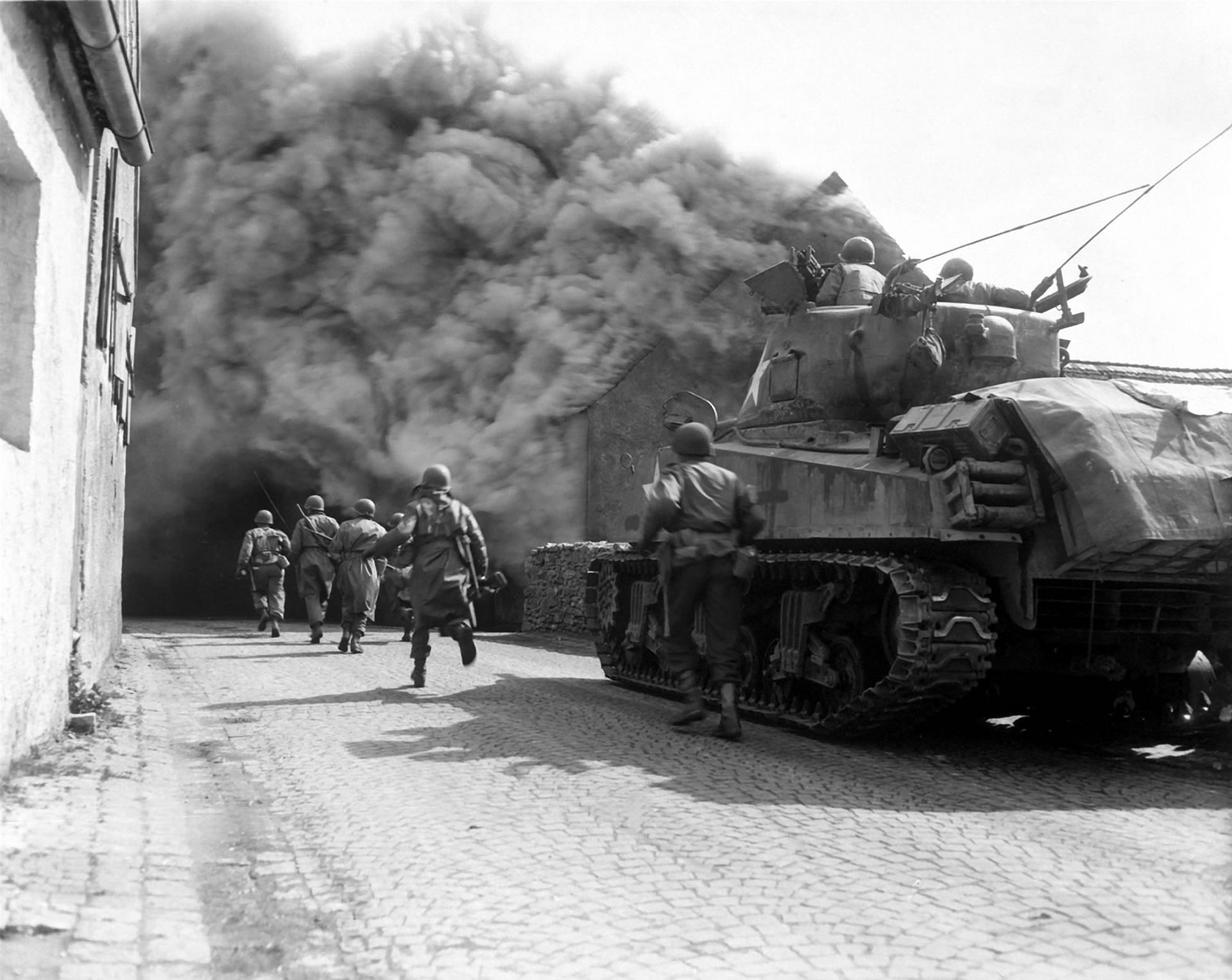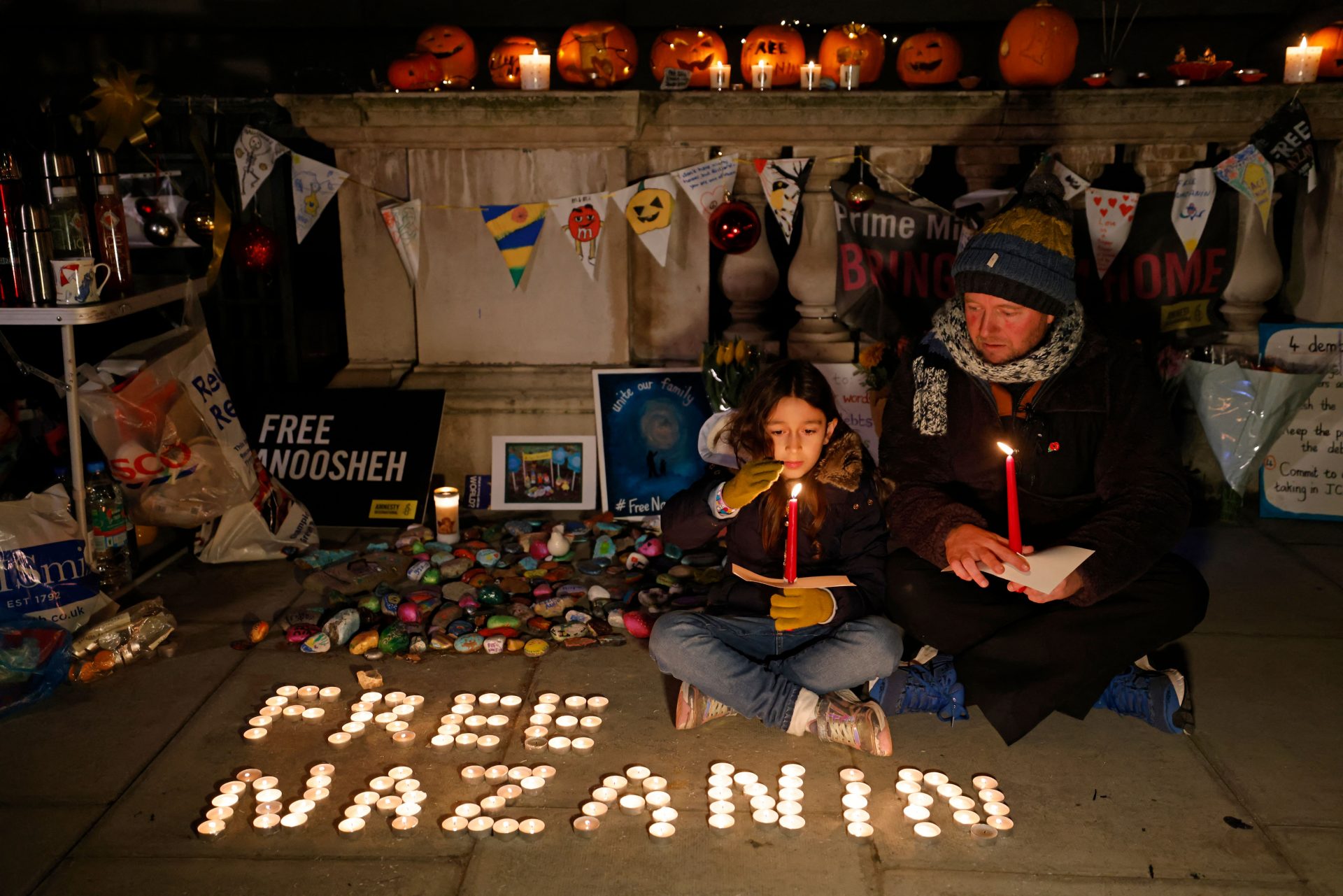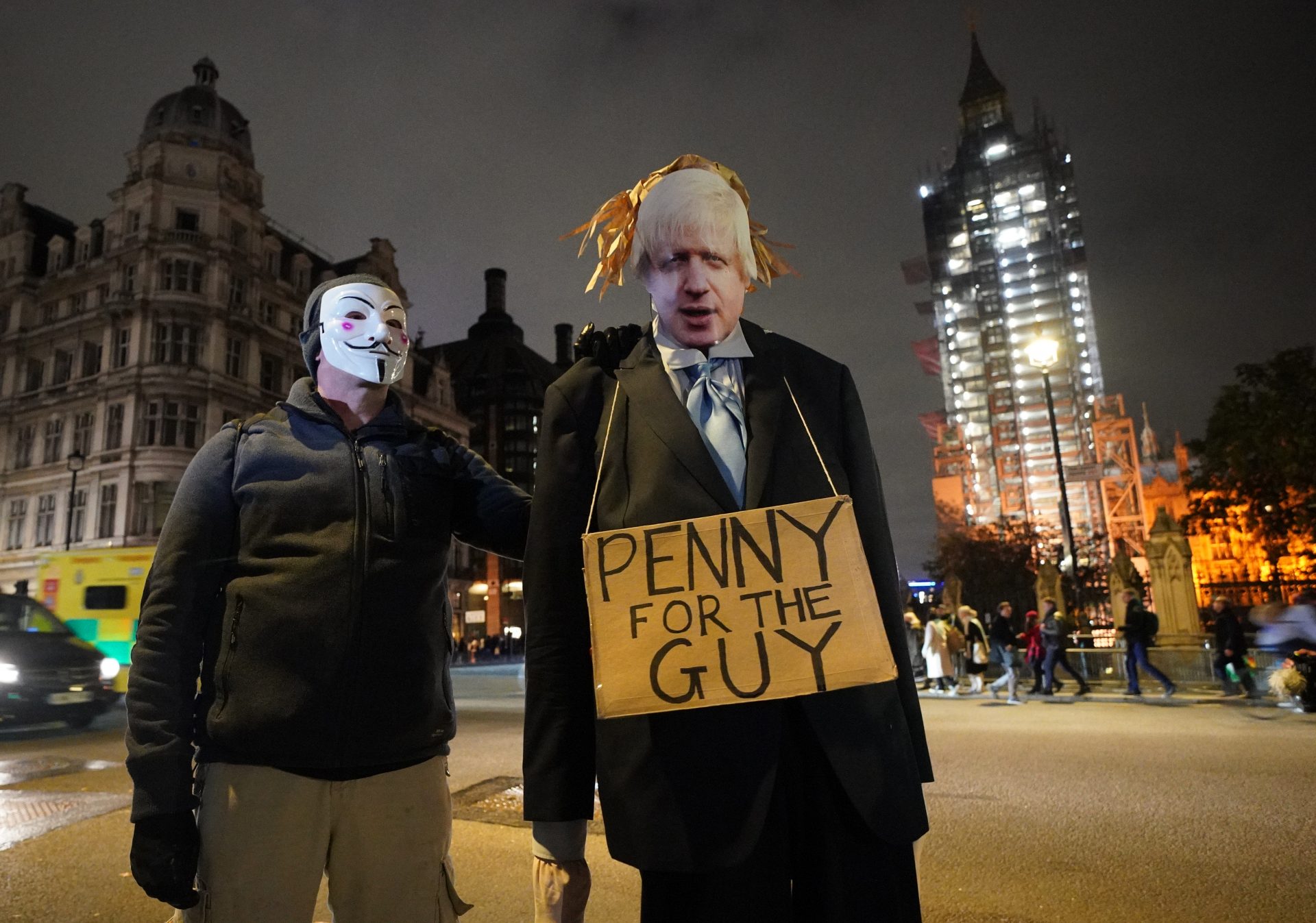Back at the desk, after four months of campaigning (with a clearly unintended result), I’m tempted by the British government’s Christmas visa offer. I just haven’t decided yet whether lorry driver or bouncer is a more suitable career path in the UK.
In the meantime I will try and shine a light on our relationship with the country of origin of many lorry drivers: Poland, currently at the heart of a rule-of-law-quarrel with the EU.
For those who haven’t followed, the dispute is twofold: the EU sees the Polish government’s judicial reform as a threat to the independence of judges (which it is), while Poland’s constitutional court, supported by the PiS government, rejects the supremacy of EU law.
As always when there is a Brussels mess, all eyes turn to… Angela Merkel, the patron saint of compromise. Her approach has been labelled “appeasement” by commentators across Europe, but the outgoing chancellor will not follow her Dutch counterpart Mark Rutte in his call for hard-line action because harsh rhetoric from Germany towards Poland only feeds into its nationalist government’s anti-German narrative, thus strengthening its support.
Is that really still a thing, 76 years after the end of the Second World War? Ja, definitely. When I asked a Polish colleague why opposition leader Donald Tusk is accused of “Germandom” he replied: “Because it works.” Public broadcaster TVP portrays Tusk as a German-lover in Merkel’s pocket – working for the 1,000-year-long, eternal enemy.
Sadly, the German disregard for Poland (albeit not on a political level), our ignorance of its history, paired with prejudice and derogatory jokes, have kept an anti-German sentiment alive, not just among ultra-conservative PiS voters.
Solidarnosc, Pope John Paul II, Podolski, Klose, Lewandowski – that’s the extent of general knowledge about our second biggest neighbour state, plus of course: Poland is where we started the war.
To this day, however, most Germans do not know that Poland – if one measures death toll by population – suffered more than any other country invaded by Nazi Germany. More than six million Polish civilians were killed, half of them Jewish, many others who helped to protect Jews.
More than 200,000 Poles were killed in connection with the Warsaw Uprising in 1944. It was the largest military resistance effort during the Second World War, but Germans tend to mix it up with the (equally brave but different) Warsaw Ghetto uprising in 1943. The Polish embassy protests whenever an article or TV report mislabels Auschwitz or Treblinka as ‘Polish’ concentration camps, because they were, of course, German camps.
And so it goes on…
For my generation, it seems West Germans were more concerned with what had been lost in the East (Pomerania, Silesia…) than what losses had been caused by. While East Germany’s self-proclaimed anti-fascists looked down upon the (even) poorer economic standards in Poland. I remember playing at my grandfather’s house in Bonn as a kid, looking at old photographs and when he asked if I knew where he was born I proudly proclaimed: “Poland!” To which Großpapa said, half-baffled, half-amused: “It was East Prussia at the time.” I should have replied: “But 120 years before that, it had been Poland. For centuries.” But I hadn’t a clue.
Years later, when in his 90s, granddad was lucky enough to have Teresa from Masuria (northern Poland) helping my mother take care of him for the last years of his life – like tens of thousands of German families and nursing homes who could not do without the skill and devotion from Polish nursing staff.
But it’s not just lorry drivers and nurses who help our country to function. It’s Polish tech experts, engineers, graduates and artists.
None of the above changes the fact that the EU (including Germany) must find a way to resolve this newest Ost-West-Konflikt – all the more difficult in a time, when Poland serves as a bulwark against Belarus’ hostile refugee policy at the EU’s external border.
We need Poland, and its uniquely pro-European citizens. So Merkel’s diplomacy isn’t appeasement – she simply knows the risks of Germany alienating a neighbour state still traumatised by the Hitler-Stalin pact.
Let’s hope the next German government is aware of this as well.




